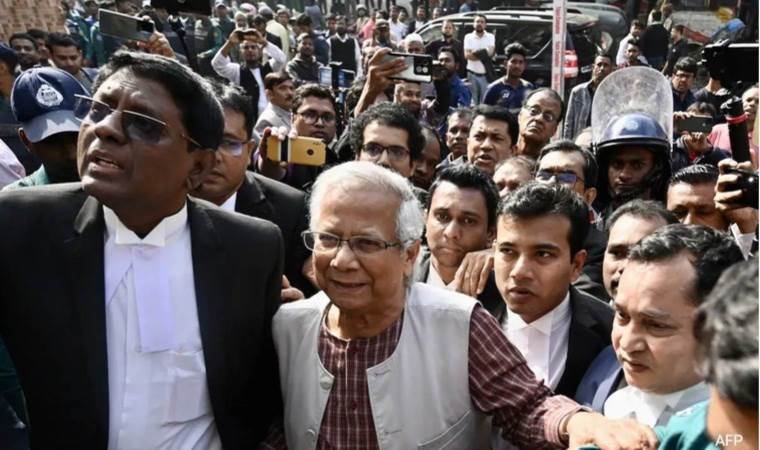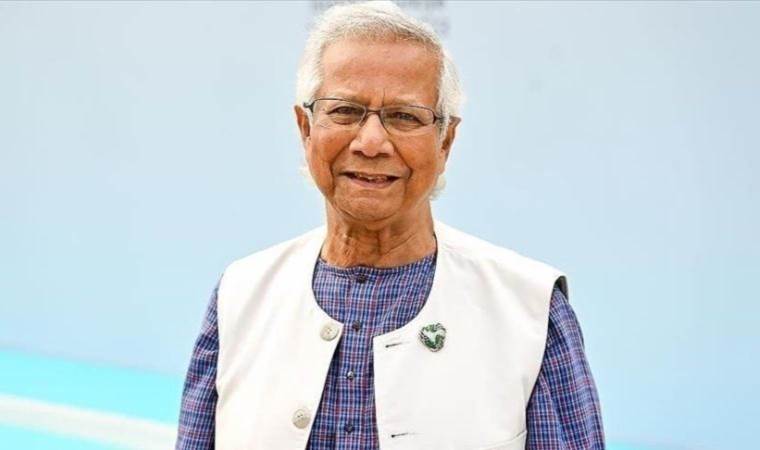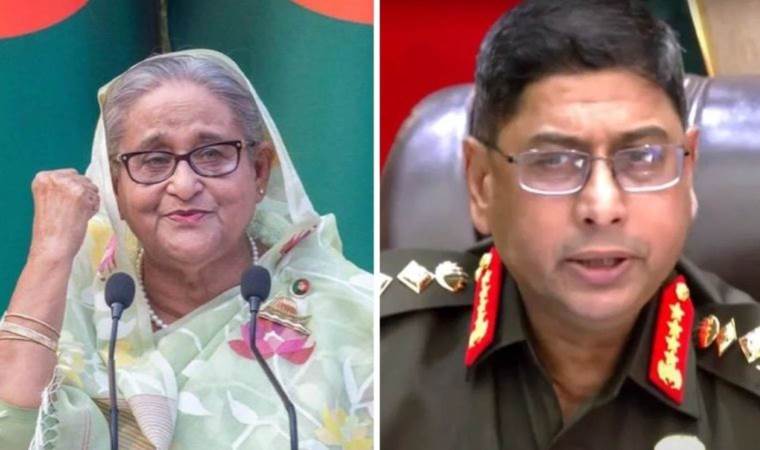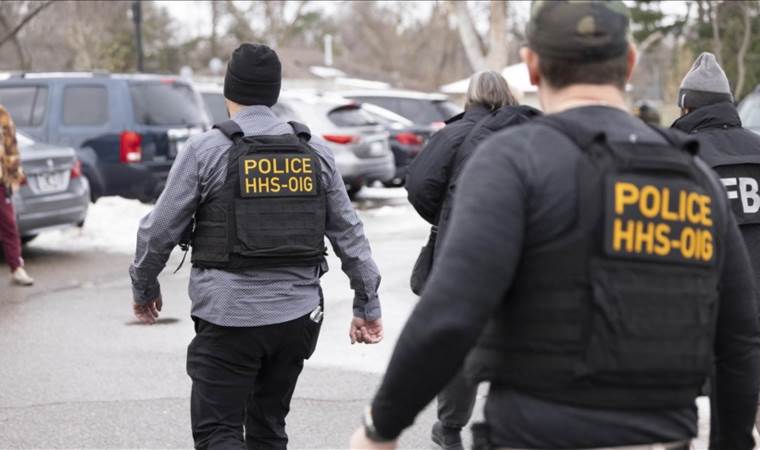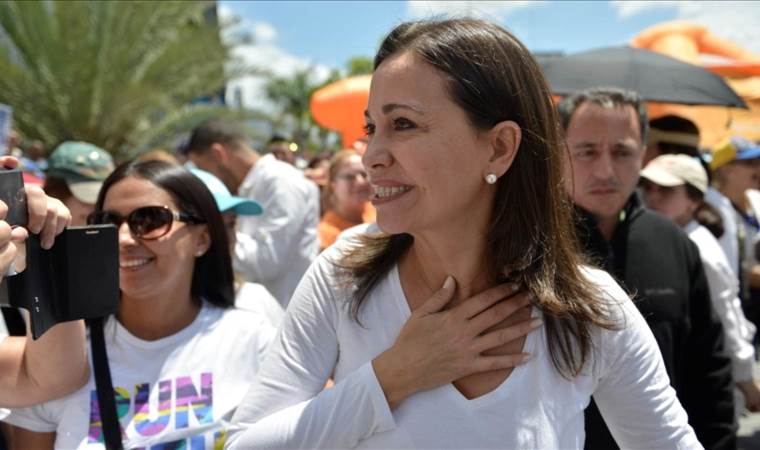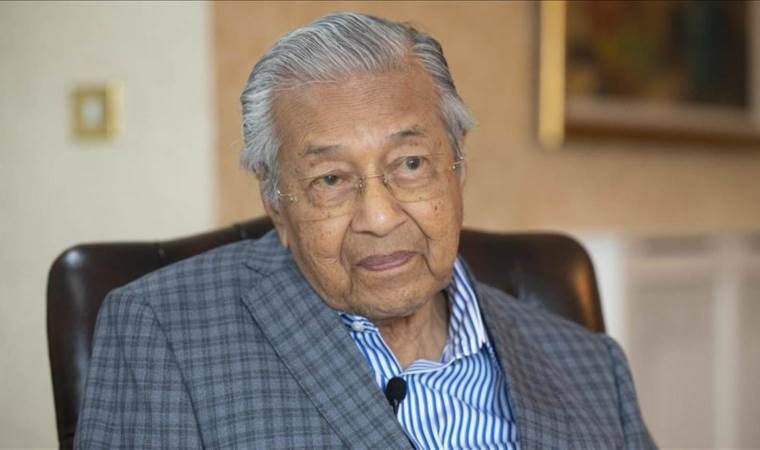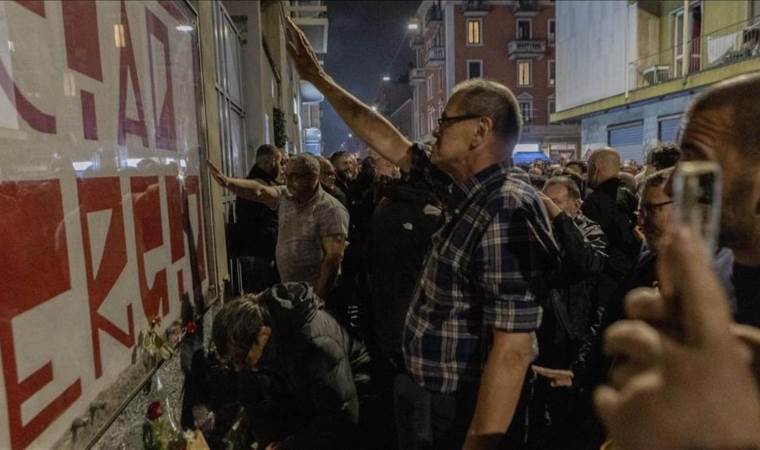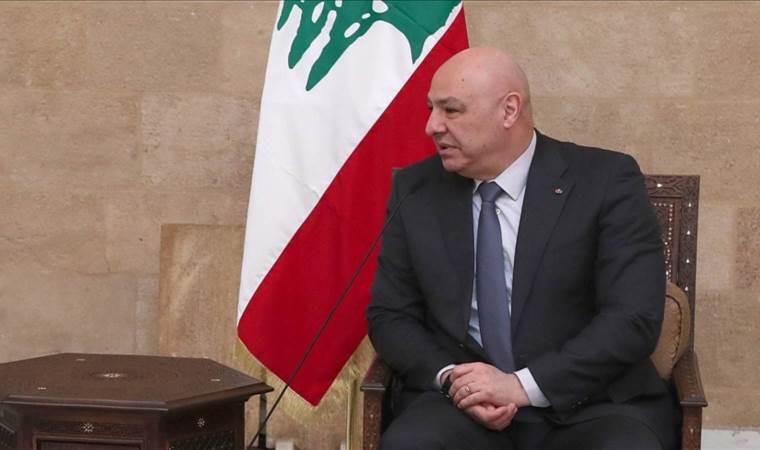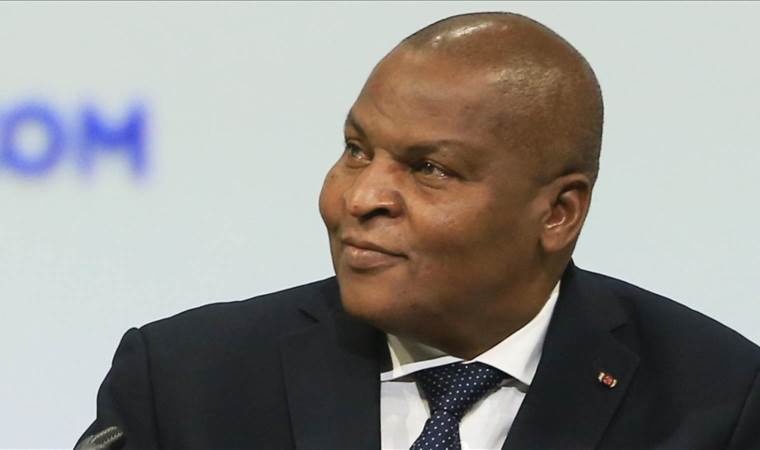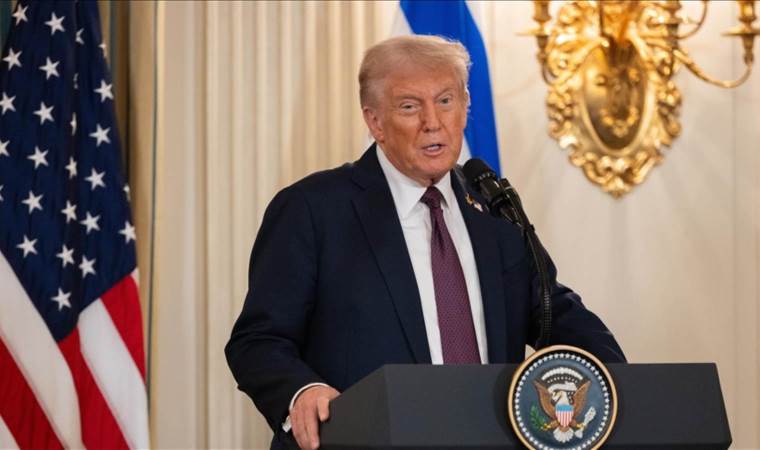Fled the country after resigning: Investigation launched against former Bangladeshi PM
An investigation has been launched against former Bangladeshi Prime Minister Sheikh Hasina Wajid, who fled to India following anti-government protests in the country. Hasina, along with 10 other high-ranking officials, is being investigated for alleged "crimes against humanity," including torture during the demonstrations.
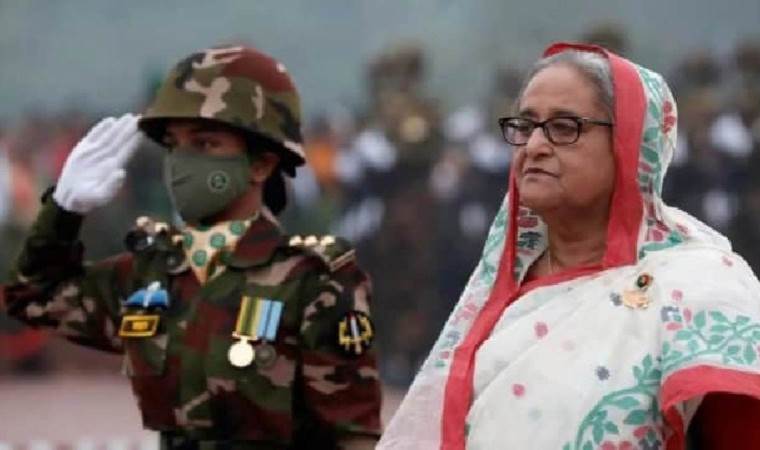
According to a report by the Dhaka Tribune, the investigation was prompted by a complaint filed by Bulbul Kabir, the father of Arif Ahmed Siam, a student who died during the protests. Kabir has accused former Prime Minister Hasina, Awami League General Secretary and former Minister of Road Transport and Bridges Obaidul Quader, former Interior Minister Asaduzzaman Khan Kamal, and other prominent figures of genocide and crimes against humanity. The complaint has been submitted to the International Crimes Tribunal (ICT) in Bangladesh, seeking an investigation into these allegations.
Kabir's lawyer, Gazi MH Tamim, confirmed that the ICT has initiated an investigation into the matter. The complaint accuses Hasina and others of being responsible for the deaths and human rights violations that occurred during the protests.
Former Prime Minister Hasina was also named as a suspect in three murder cases filed earlier this week.
Deaths Related to Protests to Be Tried in International Crimes Tribunal
Asif Nazrul, legal advisor to the interim government on law, justice, and parliamentary affairs in Bangladesh, announced in a press conference that cases related to the deaths during the protests from July 1 to August 5 would be heard in the International Crimes Tribunal. Nazrul emphasized that "everyone, including former Prime Minister Hasina, regardless of their position, will face justice."
The Awami League Party, which came to power in Bangladesh in 2009, established the ICT as a special court to conduct trials related to the 1971 Independence War. However, some international observers have raised concerns that the ICT does not meet fair trial standards and has been influenced by political decisions.
Background
The protests in Bangladesh were sparked in July after the decision to allocate quotas in public sector jobs for the children of those who participated in the 1971 Independence War. The protests, primarily led by students, escalated throughout the month. The demonstrations were reportedly quelled after the Supreme Court reduced the quota at the end of July.
Following the ban on Jamaat-e-Islami, the party held responsible for the violence during the protests, and its student wing, protestors took to the streets again, this time demanding justice for those killed during the demonstrations.
During the protests, hundreds of people were killed, and thousands were detained. As violence escalated, Prime Minister Sheikh Hasina left her official residence and fled to India in a military helicopter. During this time, protestors stormed the Prime Minister's official residence.
Bangladesh's Army Chief, General Waker-Uz-Zaman, after meeting with political party representatives, announced Hasina's resignation and the formation of an interim government.
Nobel laureate Muhammad Yunus was sworn in as the head of the interim government on August 8.
Most Read News
-
 Trump administration deploys 2,000 federal agents to Min
Trump administration deploys 2,000 federal agents to Min
-
 Venezuelan opposition leader says she dedicated Nobel Pr
Venezuelan opposition leader says she dedicated Nobel Pr
-
 Malaysia’s 100-year-old ex-Premier Mahathir hospitalized
Malaysia’s 100-year-old ex-Premier Mahathir hospitalized
-
 Seasonal flu activity continues to increase in US: Repor
Seasonal flu activity continues to increase in US: Repor
-
 Far-right ideology increasingly visible in Germany’s dai
Far-right ideology increasingly visible in Germany’s dai
-
 Lebanese president says army implementing government mea
Lebanese president says army implementing government mea
-
 Central African Republic President Touadera wins 3rd ter
Central African Republic President Touadera wins 3rd ter
-
 Venezuela not to have new elections in next 30 days: Tru
Venezuela not to have new elections in next 30 days: Tru
